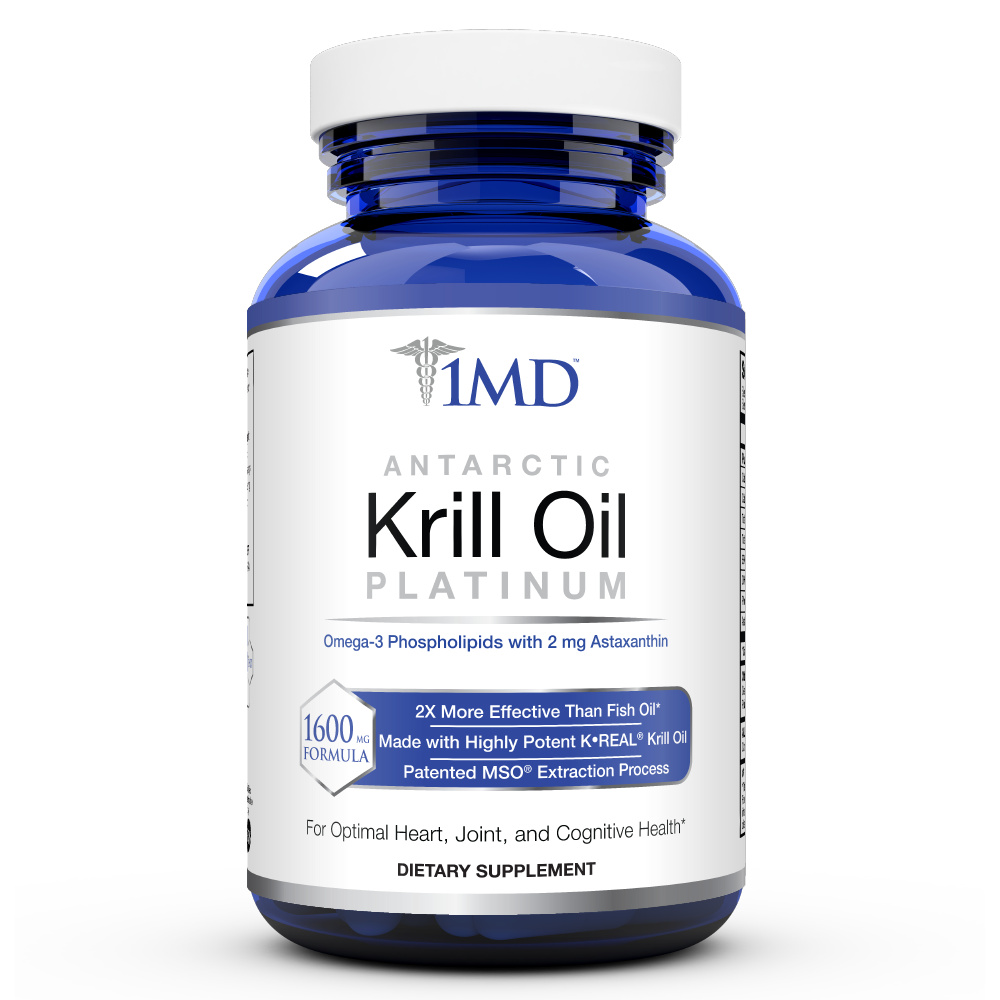In the vast, icy expanse of Antarctica lies a tiny yet mighty creature that holds within it a treasure trove of health benefits: the Antarctic krill. These minuscule crustaceans, scarcely larger than a paperclip, play a pivotal role in the Southern Ocean’s ecosystem and are the source of a remarkable substance known as krill oil. While the benefits of fish oil are widely recognized, Antarctic krill oil possesses unique qualities that set it apart as a powerhouse of nutrients and health support.
1. Abundant Omega-3 Fatty Acids:
One of the most notable features of Antarctic krill oil is its rich omega-3 fatty acid content. Omega-3s, particularly EPA (eicosapentaenoic acid) and DHA (docosahexaenoic acid), are essential for various bodily functions, including brain health, heart health, and reducing inflammation. What makes krill oil stand out is its unique phospholipid structure, which allows for better absorption by the body compared to the triglyceride form found in fish oil.
2. Astaxanthin:
Another remarkable component of Antarctic krill oil is astaxanthin, a potent antioxidant responsible for the reddish pigment in krill and other marine organisms. Astaxanthin offers protection against oxidative stress, helps maintain skin health, and supports eye function. Unlike fish oil, which may require additional antioxidants to prevent oxidation, krill oil naturally contains astaxanthin, providing added stability and preserving its freshness.
3. Sustainability:
Sustainability is a crucial consideration in today’s world, and Antarctic krill fisheries adhere to strict regulations to ensure the long-term health of the ecosystem. The Commission for the Conservation of Antarctic Marine Living Resources (CCAMLR) oversees krill harvesting in the Southern Ocean, implementing measures to prevent overfishing and protect other marine species that depend on krill as a primary food source, such as whales, seals, and penguins.
4. Low Risk of Contaminants:
Contaminants such as heavy metals and PCBs (polychlorinated biphenyls) are a concern in many marine products, including fish oil. However, Antarctic krill oil tends to have lower levels of contaminants due to the pristine waters of the Southern Ocean and the krill’s relatively short lifespan, which reduces their exposure to pollutants. Additionally, krill are lower on the food chain compared to larger fish, further minimizing the accumulation of toxins in their bodies.
5. Heart Health Benefits:
Numerous studies have demonstrated the cardiovascular benefits of krill oil supplementation. The omega-3 fatty acids EPA and DHA help maintain healthy cholesterol levels, support proper blood clotting, and promote overall heart function. Additionally, astaxanthin’s antioxidant properties may reduce oxidative stress in blood vessels, contributing to cardiovascular health.
6. Joint Health Support:
Krill oil has also shown promise in alleviating joint discomfort and improving joint function. The omega-3 fatty acids and astaxanthin in krill oil possess anti-inflammatory properties that can help reduce inflammation in the joints, easing stiffness and discomfort associated with conditions like arthritis. Moreover, krill oil’s phospholipid structure allows it to penetrate cell membranes more effectively, potentially enhancing its therapeutic effects on joint health.
7. Brain Function and Mental Health:
The omega-3 fatty acids found in krill oil are essential for maintaining optimal brain function and supporting mental health. DHA, in particular, is a major component of brain tissue and plays a crucial role in cognitive function, memory, and mood regulation. By providing a readily available source of DHA, krill oil may help support cognitive function and emotional well-being throughout life.
8. Skin Health and Anti-Aging:
Astaxanthin, the powerful antioxidant present in krill oil, offers numerous benefits for skin health and may help combat the signs of aging. By neutralizing free radicals and reducing oxidative stress, astaxanthin helps protect skin cells from damage caused by UV radiation and environmental pollutants. Additionally, astaxanthin supports skin hydration and elasticity, promoting a more youthful and radiant complexion.
In conclusion, Antarctic krill oil stands out as a unique and potent source of essential nutrients and health-promoting compounds. From its abundant omega-3 fatty acids to its powerful antioxidant astaxanthin, krill oil offers a wide range of benefits for heart health, joint health, brain function, and skin health. Furthermore, its sustainable harvesting practices and lower risk of contaminants make it a responsible choice for both personal health and environmental conservation. Incorporating Antarctic krill oil into your daily regimen may be a simple yet effective way to support overall health and well-being for years to come.
Read more: Plant Based Seafood




